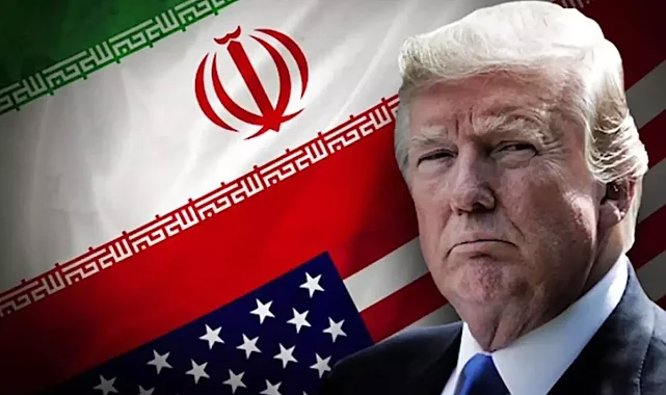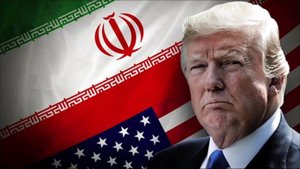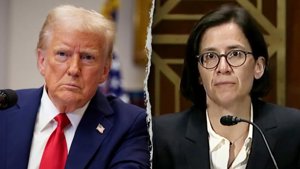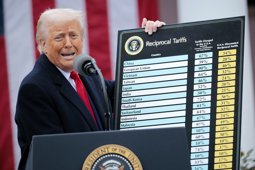
Trump Threatens Iran Over Nuclear Standoff
United States President Donald Trump stated on Wednesday that military action against Iran remains “absolutely” on the table if Tehran refuses to engage in negotiations regarding its nuclear program. Speaking from the Oval Office, Trump emphasized the urgency of the issue, saying, “We have a little time, but we don't have much time because we're not gonna let them have a nuclear weapon.” He reiterated his position that Iran cannot possess nuclear arms, but added that he wants Iran to succeed economically and politically—without nuclear weapons.
Trump also indicated that Israel would have a significant role in any potential conflict, noting, “Israel would be involved and have a leading role in it.” The comments come ahead of expected high-level discussions between the U.S. and Iran scheduled to take place in Oman over the weekend.
In response, Iranian officials escalated their rhetoric. Hojjatoleslam Esmail Khatib, Iran’s Minister of Intelligence, asserted on Thursday that the Iranian military has the capability to challenge even the most powerful global forces, including the United States. He described Iran’s armed forces as vastly superior to their pre-revolutionary counterparts and called them a “school of thought” meant to serve the people.
Adding to the heightened atmosphere, Ali Shamkhani, advisor to Iran’s Supreme Leader Ayatollah Ali Khamenei, warned that continued external threats could prompt Iran to take “deterrent measures.” In a message posted on X, Shamkhani suggested that Iran might expel inspectors from the International Atomic Energy Agency (IAEA) or relocate enriched nuclear material to undisclosed locations if pressure persists.
These statements reflect mounting tensions ahead of the upcoming talks. The U.S. insists on Iran’s total denuclearization, while Iranian leaders emphasize their right to defensive capabilities and national sovereignty. With diplomatic efforts hanging in the balance, the potential for escalation looms large.
The international community is expected to watch closely as both sides prepare for negotiations in Oman. The outcome of these talks may determine whether diplomacy prevails or whether military confrontation becomes a reality in the volatile Middle East.






